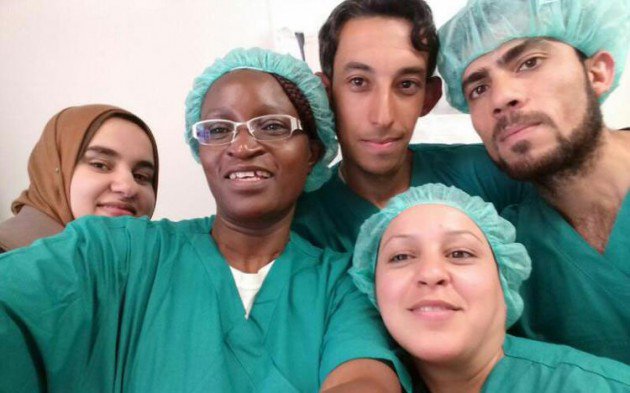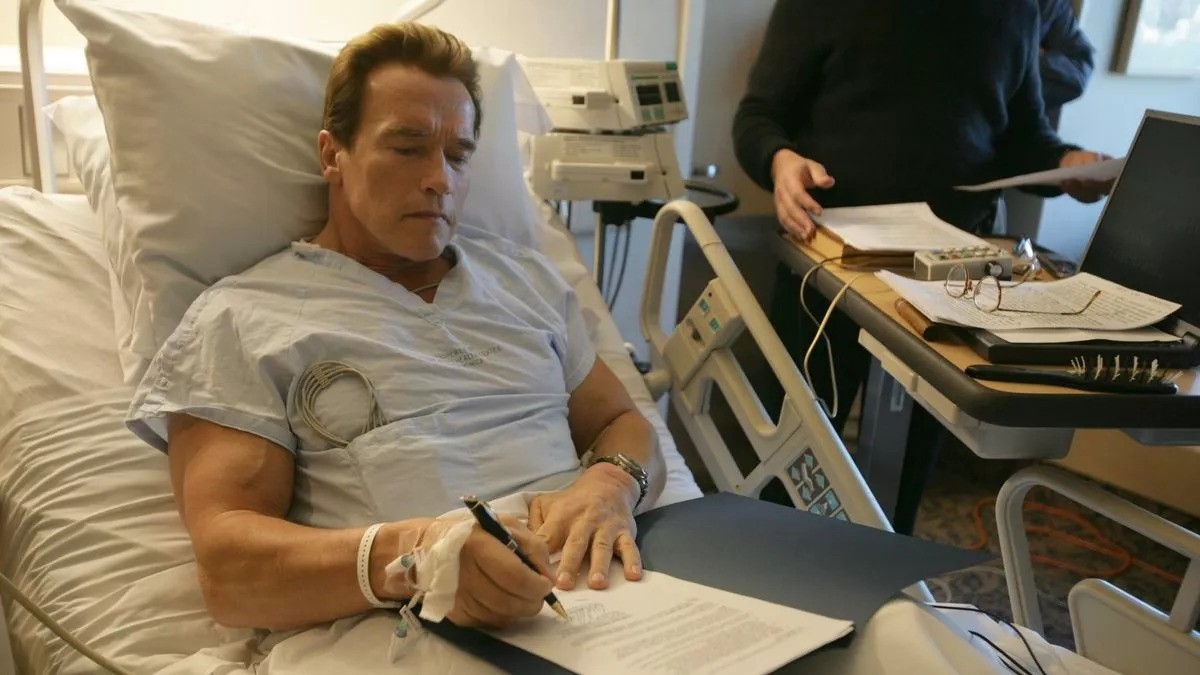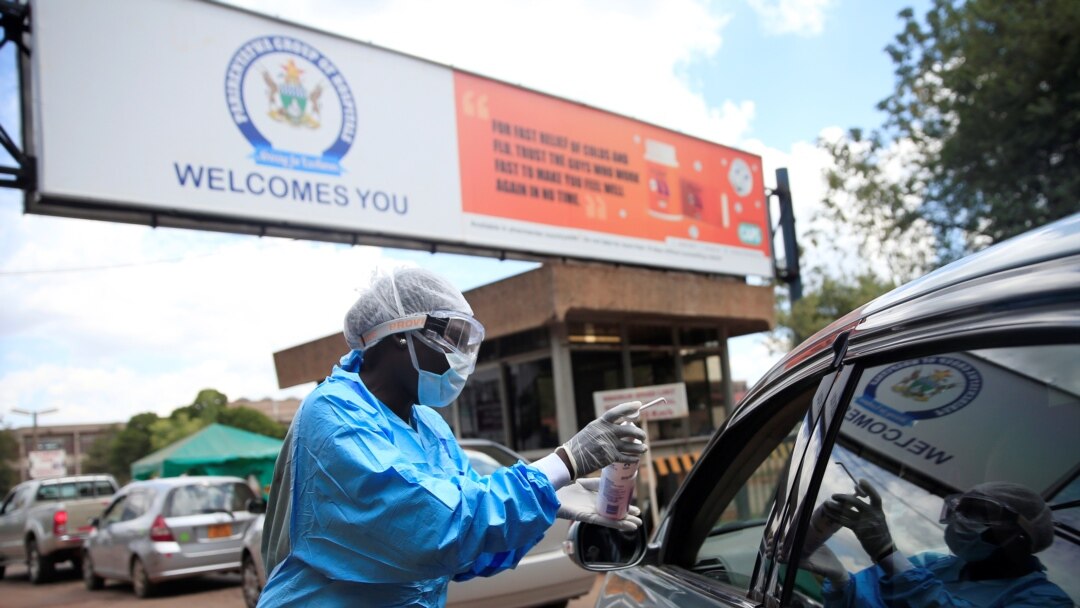By Ruth Butaumocho
Nurses shuffle into the emergency room – an army of white coats, with hopeful, patient smiles. They stand in around the bed as they look at the wounded civilian whose legs have to be amputated to save his life.

Gunshots can be heard from Mosul, in Northern Iraq, which is 20km away from the MSF emergency hospital where the medical team is doing all it can to save the injured civilian.
Among the deeply troubled but ready to serve team of medical experts is Mrs Gilberta Jairos, a Médecins Sans Frontières Zimbabwean nurse serving her short but incisive term in war-riddled Iraq.
For the past three months, she has been working around the clock to give the best medical services to critically injured civilians in the ongoing war in Iraq.
Mrs Jairos was among the medical staff that attended to wounded civilians in mid-March, during bombing near Mosul, northern Iraq, where 200 people died.
“We received a lot of patients during that time. A lot of people, particularly women and children were wounded,” she revealed.
Although she concedes that she has had her fair share of work in troubled regions all over the world for the past two years, she still has strength to continue serving people’s lives.
“Nursing has always been my passion from the time that I trained to become one,” said Mrs Jairos in an in interview recently, soon after returning home from Iraq.
From the time she joined MSF South Africa, after leaving both private and public practice, Mrs Jairos has served time in war-torn countries, something she never envisaged while training as a nurse more than two decades ago.
She has worked in some parts of war torn Afghanistan, South Sudan and she was recently in Iraq, where she spent three months in Hammam-al-Alil.
Soon after her short break, Mrs Jairos would be heading to Lebanon on yet another mission of serving and saving lives, where she will join a team of medical experts to set up a hospital for refugees coming from Syria.
“For the past two years, I have been up and about working in troubled missions in trauma centres. Although I found it difficult at first, I now love what I do and I am glad that I am able to save lives, when the need arises.
“I am usually involved in training of theatre nursing staff in troubled regions to ensure that they attain international standards and basic requirements in nursing,” she said.
Mrs Jairos also works in trauma centres set aside to deal with war casualties in the respective countries, where she would have been assigned to work.
For someone who hails from a peaceful country, Mrs Jairos’s first encounter with the realities of war left her traumatised when she was posted to Afghanistan, at a hospital called Kunduz.
“I had just finished training in Sweden, when I was posted to Afghanistan to work at a MSF trauma centre, treating patients who were wounded in the war,” she recalled.
With no experience of working in a war zone, the closest she had been to such a situation had been through watching television, Mrs Jairos almost collapsed with shock when she heard gunshots whilst she was in the middle of treating a wounded civilian. The patient she was attending to had been shot in the abdomen and was writhing in pain.
“I could hear gunshots from nearby, as we were in the middle of treating patients. The sound was so deafening and shocking to say the least,” she recalled.
Although she had prepared herself mentally for her debut trip to Afghanistan, she did not expect such shocking reality.
For days she was beside herself with fear as the team moved from one hospital to the other, treating and operating wounded patients.
“I knew it was important to remain calm and put up a brave face for the sake of my patients and everyone around me.
“I took solace in the Bible and prayer to strengthen myself in difficult situations,” she said.
Her second mission to South Sudan, though difficult, was bearable. Her mainstay was dealing with malnourished children who were also sick.
After her mission in South Sudan, Mrs Jairos returned home before leaving for Iraq on her next assignment. It was while she was in the Middle East, that she encountered her worst experience.
“It was my worst experience. There was blood all over. The injured were crying. They were beyond themselves, with pain and trauma.
She says although medical staff do not let emotions cloud their clinical judgment some of the injuries they come across are so jarring to the nerves and emotionally traumatising, leaving them questioning the rationale behind wars and anarchy.
In all her sojourns – which are fully supported by her husband and her three grown up children – Mrs Jairos has learnt to be appreciative of where she comes from – even for the small things.
“I am truly blessed to be a Zimbabwean. Whenever I travel, people often ask me whether there is war in my country and I tell them there is no such thing.
“I have come across people who were born, raised, married and have aged in war. It is a reality that some people are living with and I am grateful to this country and its people,” Mrs Jairos enthused.
Although she has seen the best of both worlds, having worked in both private and public institutions, Mrs Jairos feels she still has a role to play in serving lives as a nurse.
“I am giving myself five more years, before I retire and spend time with my family,” she said. The Herald






